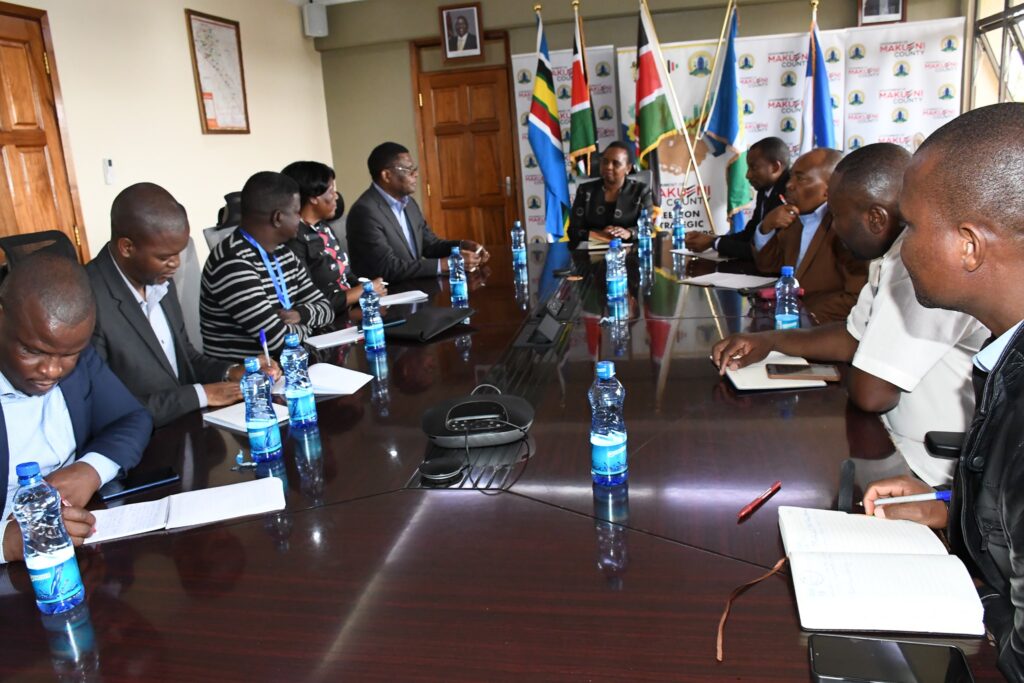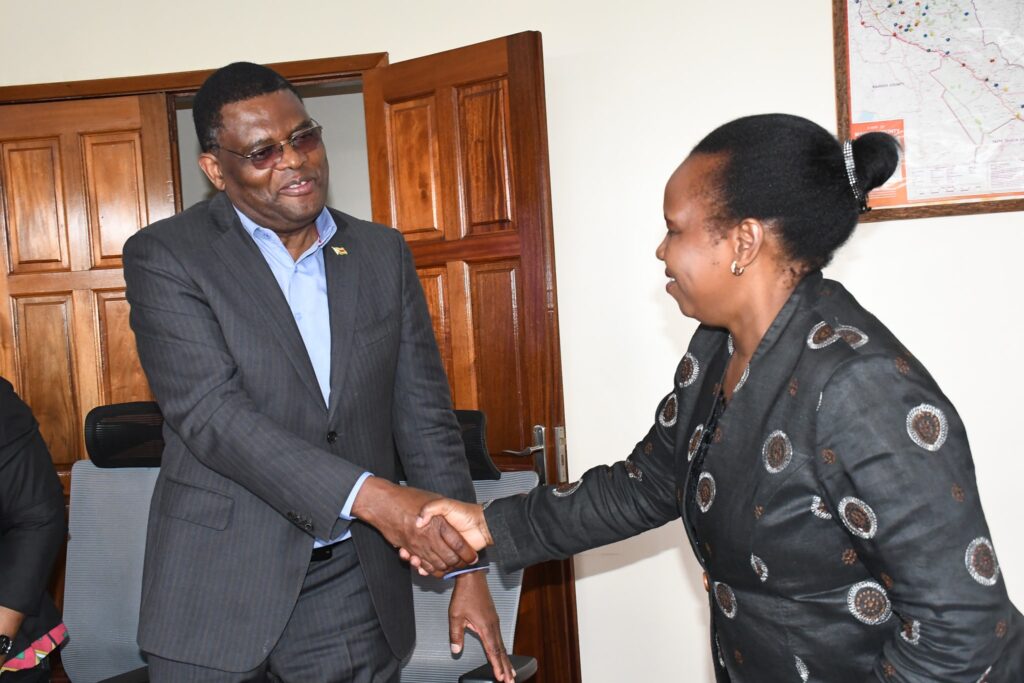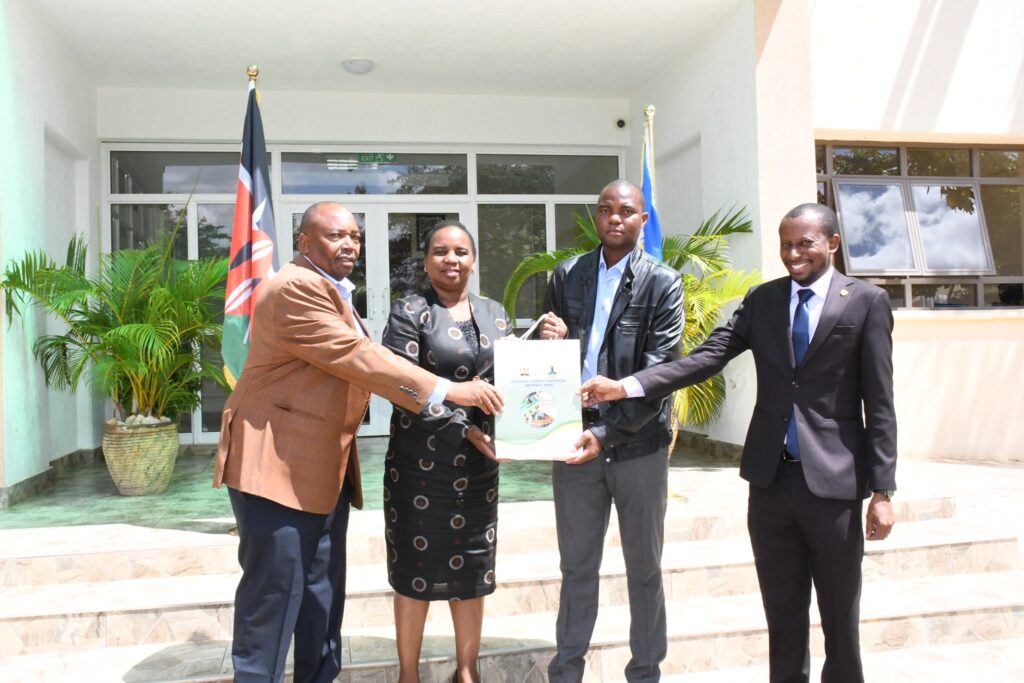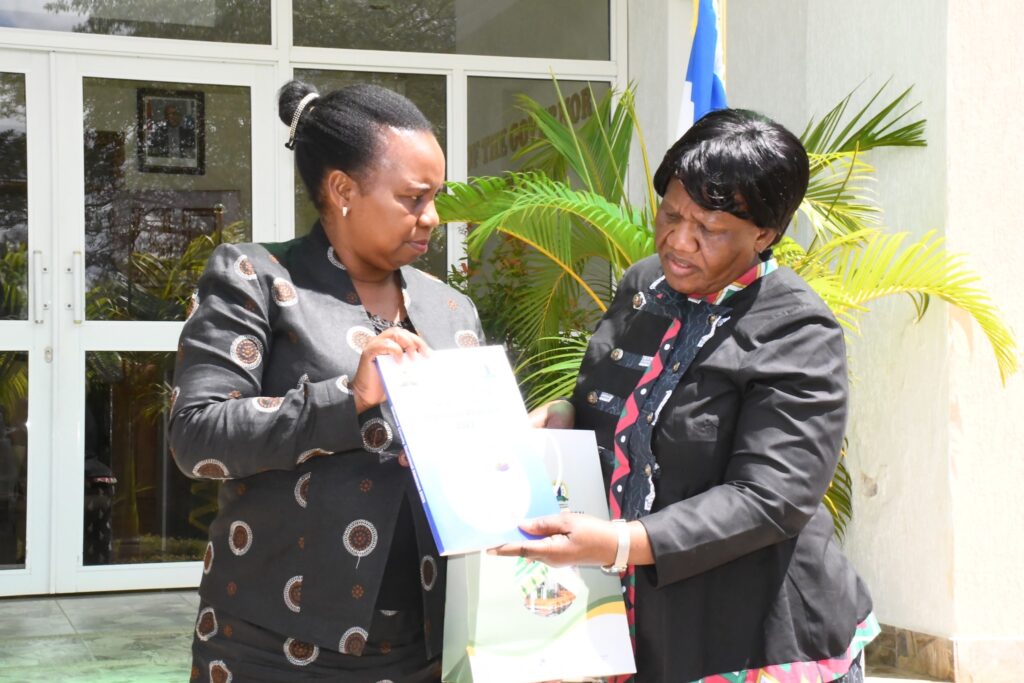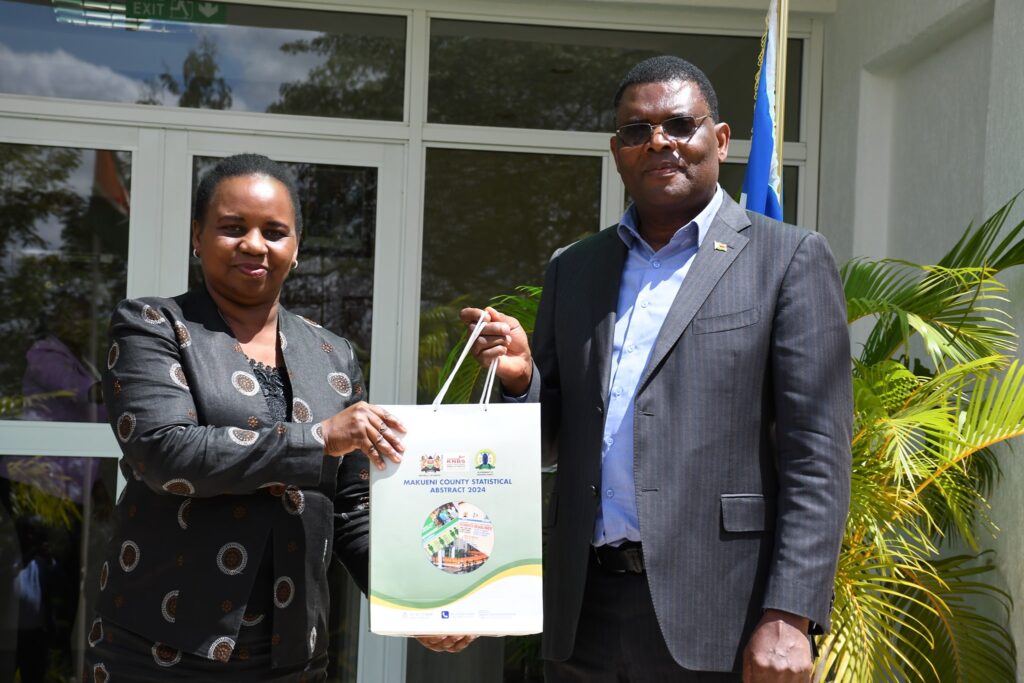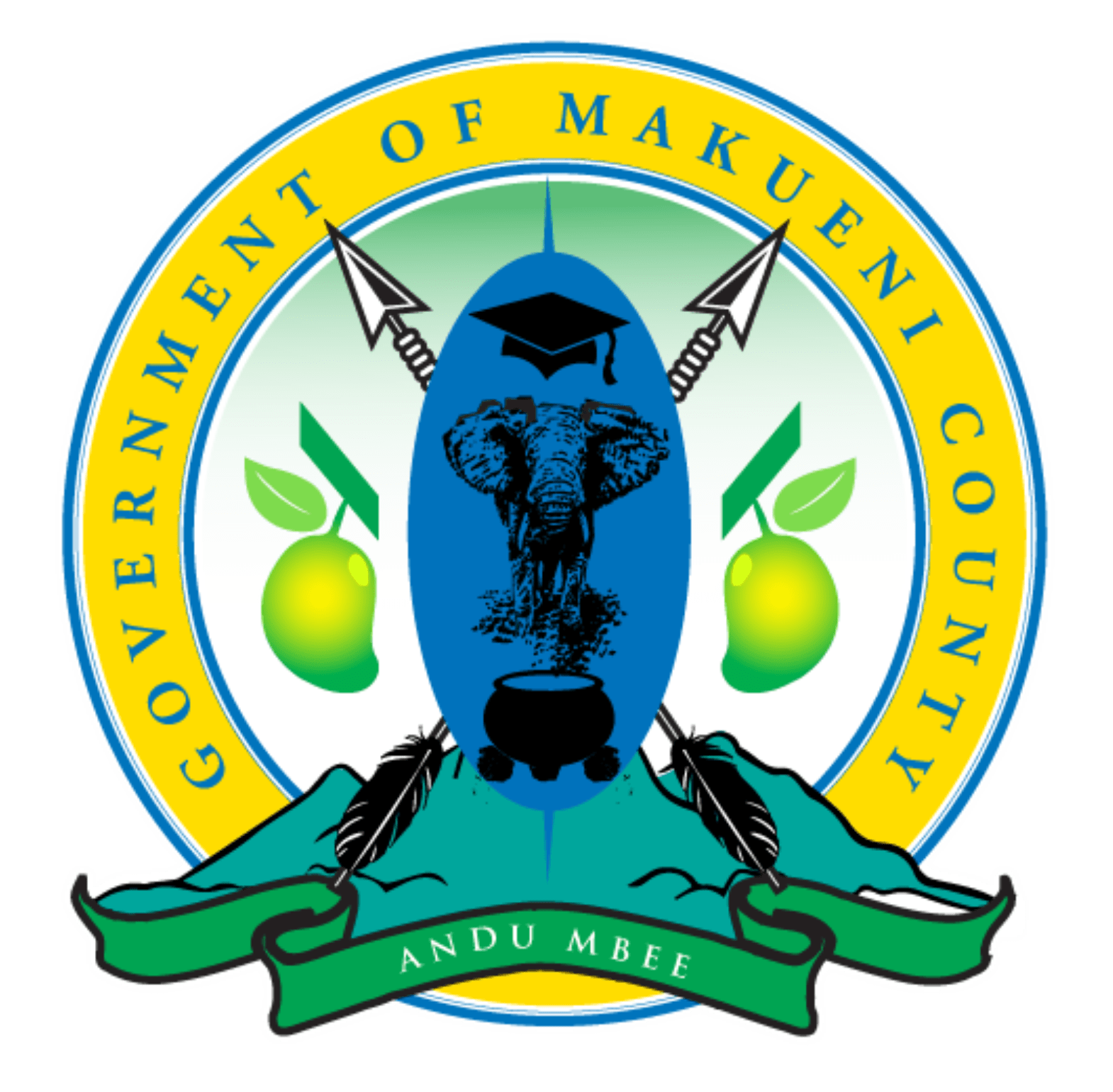ZIMBABWE APRM DELEGATION TOURS MAKUENI TO LEARN FROM KENYA’S COUNTY GOVERNANCE MODEL.
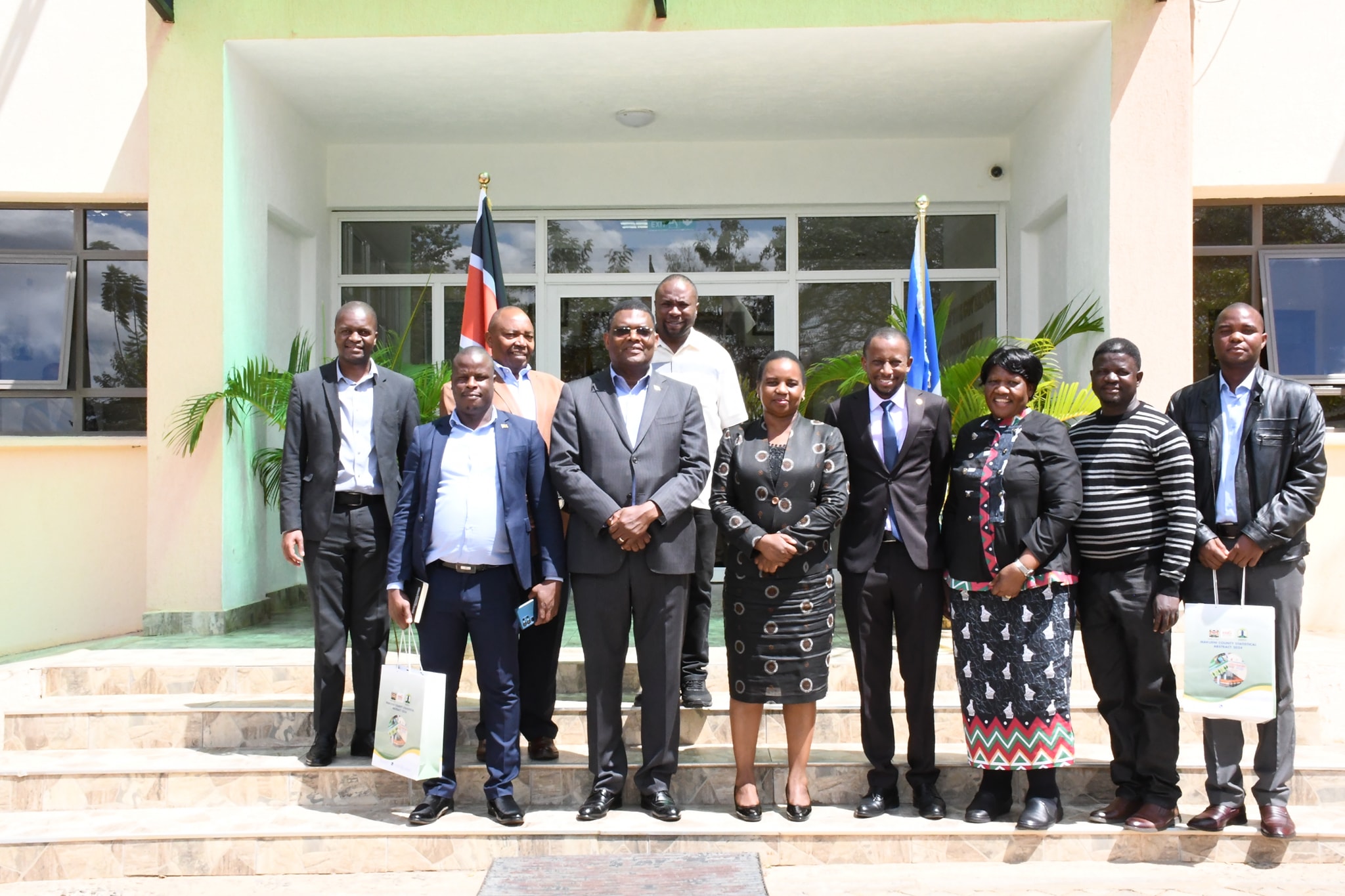
A high-level delegation from Zimbabwe’s African Peer Review Mechanism (APRM) is in Makueni County for a benchmarking visit aimed at drawing valuable lessons from Kenya’s progress in governance, citizen engagement, and implementation of National Plan of Action (NPoA) recommendations.
The APRM is a voluntary self-monitoring instrument established by the African Union to promote good governance and inclusive development. Through NEPAD/APRM in partnership with the Council of Governors, Kenya has domesticated the mechanism at the county level, birthing the County Peer Review Mechanism (CPRM).
The CPRM serves as a powerful tool for counties to assess their governance systems and service delivery performance. It enables documentation of key milestones, identification of challenges, and sharing of best practices—fostering accountability and peer learning across counties.
Zimbabwe’s visit seeks to gather insights from Kenya’s pioneering experience in the APRM review process. Makueni, in particular, stands out as one of the 12 counties that volunteered to participate in the inaugural CPRM rollout, showcasing notable reforms and innovations in governance.
The delegation is led by Ambassador James Manzou, Chair of the National Governing Council of APRM Zimbabwe. The team is expected to gather practical knowledge and policy learnings that will inform their own national and sub-national review frameworks.
Makueni Deputy Governor Lucy Mulili welcomed the delegation, reaffirming the county’s commitment to continuous improvement in governance and service delivery.
Chief officer Planning, Budget and Revenue Boniface Mutua noted the county’s initiatives, such as full automation and a cashless revenue collection system, as key innovations driving transparency and efficiency in local resource mobilization.
The team also commended Makueni’s robust public participation model, which actively involves citizens in shaping development priorities and decision-making processes.
